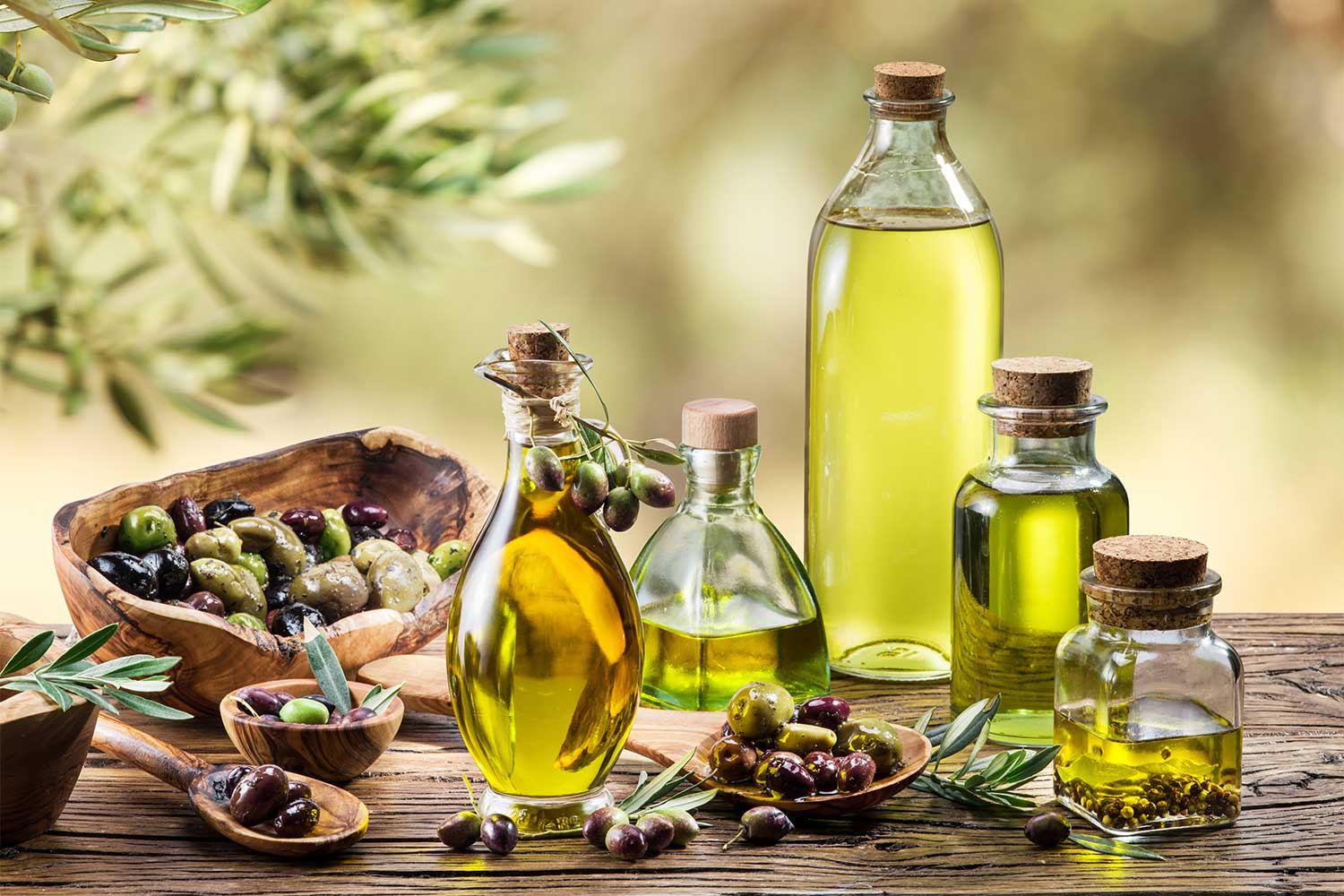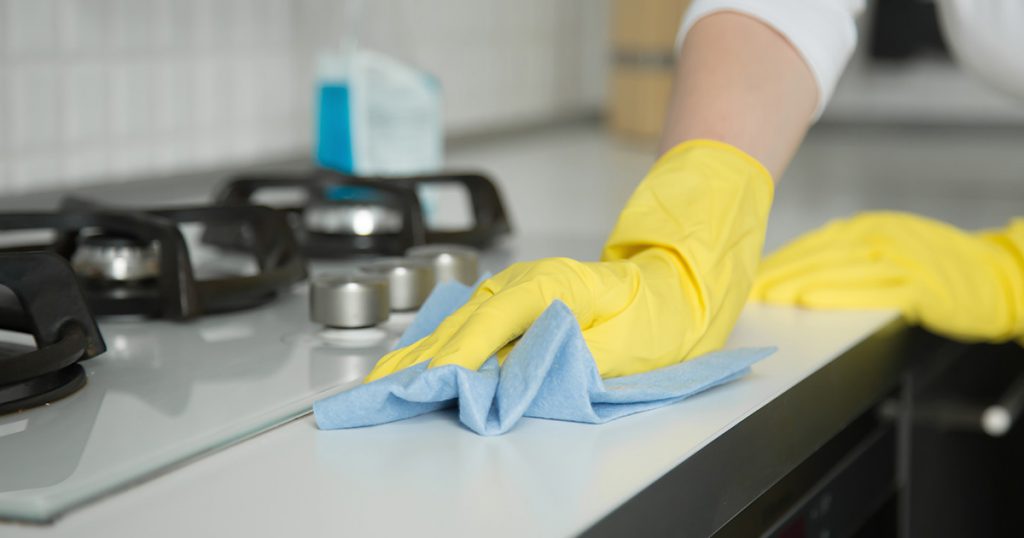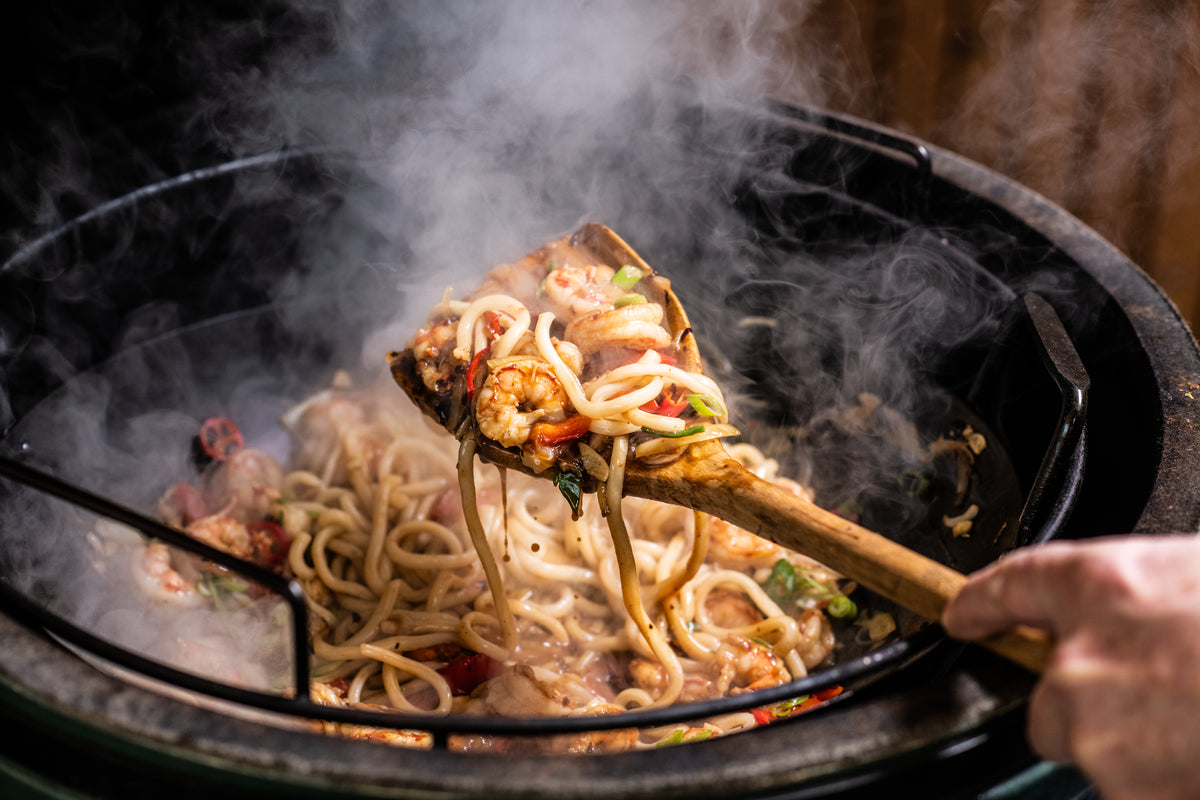Keeping your kitchen floor tiles free from grease and grime can seem like a never-ending battle. The kitchen is the heart of your home, and it naturally gets messy. However, a clean kitchen isn't just about aesthetics; it's also a matter of safety and health. This guide will walk you through how to clean greasy kitchen floor tiles so that they shine like new. Whether you're a professional chef or a home cook, these tips are designed for anyone looking to elevate the cleanliness of their kitchen.

Why is it Important to Clean Greasy Kitchen Floor Tiles?
Cooking often results in spills, splatters, and grease stains, making the kitchen floor one of the dirtiest areas in your home. Heres why keeping your kitchen floor clean is essential:
- Health Reasons: Greasy floors can harbor bacteria and mold, which can be harmful to your health.
- Safety Concerns: Greasy floors are slippery and can cause accidents.
- Aesthetic Appeal: A clean floor makes your kitchen look more inviting and well-maintained.

Gather Your Cleaning Supplies
Before diving into the cleaning process, ensure you have the following supplies on hand:
- Broom and Dustpan
- Mop and Bucket
- Degreasing Cleaner or Dish Soap
- Vinegar
- Baking Soda
- Scrub Brush or Sponge
- Microfiber Cloths

Step-by-Step Guide on How to Clean Greasy Kitchen Floor Tiles
Step 1: Sweep and Vacuum the Floor
The first step in how to clean greasy kitchen floor tiles is to remove loose dirt and debris. Use a broom and dustpan to sweep the floor. Alternatively, you can use a vacuum to ensure that all dust and food particles are removed.
Cleaning a kitchenStep 2: Prepare Your Cleaning Solution
Depending on the level of grease, you can choose either a commercial degreasing cleaner or make your own natural solution. For a DIY cleaner:
- Mix one cup of vinegar with one gallon of hot water.
- Add a few drops of dish soap for extra grease-cutting power.
Step 3: Apply the Cleaning Solution
Dip your mop into the cleaning solution and wring it out well. Mop the floor thoroughly, focusing on heavily greased areas. For stubborn grease stains, sprinkle baking soda directly on the spots and scrub with a brush before mopping.
Step 4: Let the Solution Sit
Allow the cleaning solution to sit on the tiles for about 5-10 minutes. This gives it time to break down the grease, making it easier to remove.
Kitchen TricksStep 5: Scrub Tough Stains
If there are areas where the grease is stubborn, use a scrub brush or sponge to clean these spots. Apply a bit more of the cleaning solution directly to the stain for better results.
Cleaning GuidesStep 6: Rinse the Floor
After scrubbing, rinse the floor with clean water to remove any residual cleaning solution. You can mop again with plain water to ensure all soap and grease are gone.
Step 7: Dry the Floor
Finally, use a microfiber cloth to dry the floor. This step helps to prevent water spots and ensures that no residue is left behind.
Household Tips
Tips and Tricks for Maintaining Clean Kitchen Floor Tiles
- Always wipe up spills immediately to prevent them from becoming tough stains.
- Use rugs or mats in high-traffic areas to reduce dirt and grease buildup.
- Regularly mop your kitchen floor at least once a week.
- Consider sealing your tiles to make future cleaning easier.
Common Mistakes to Avoid When Cleaning Greasy Kitchen Floors
Avoid these common pitfalls to ensure your cleaning efforts are effective:
- Using Too Much Water: Excess water can seep into grout lines, causing mold and mildew.
- Ignoring the Grout: Dirty grout can make your entire floor look unclean.
- Skipping Regular Maintenance: Infrequent cleaning can lead to a buildup of grease and grime.
FAQs
What is the best cleaner for greasy kitchen tiles?
Commercial degreasing cleaners are effective, but a mixture of vinegar and dish soap works well as a natural alternative.
Can I use bleach to clean my kitchen floor tiles?
While bleach can be effective in killing germs, it's not the best option for cutting through grease. Additionally, it can discolor certain types of tiles.
How often should I clean my kitchen floor tiles?
Ideally, you should sweep daily and mop at least once a week. For heavy usage kitchens, more frequent cleaning may be necessary.
Additional Resources
For further reading on maintaining a pristine kitchen, visit Good Housekeeping's guide on cleaning kitchen floors.
As an Amazon Associate, I earn from qualifying purchases.






Leave a comment
This site is protected by hCaptcha and the hCaptcha Privacy Policy and Terms of Service apply.